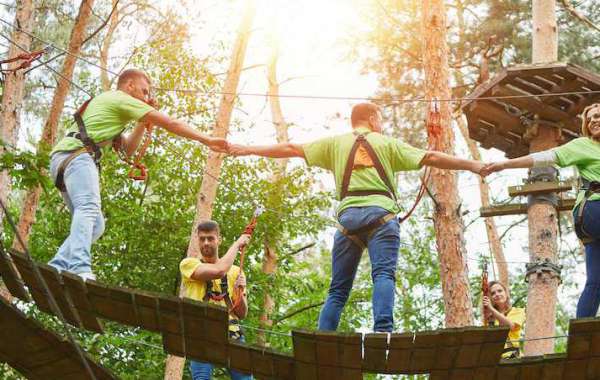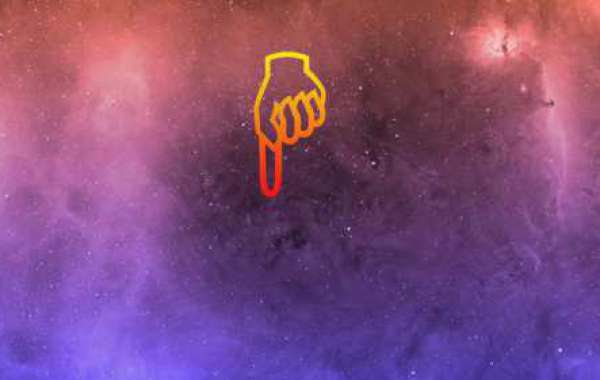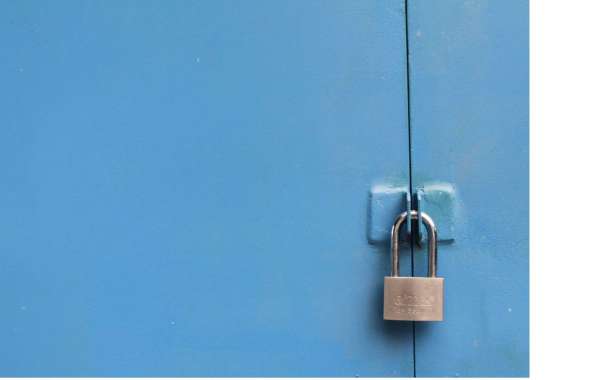Adventure therapy is a form of psychotherapy that was developed in the 1960s. It draws on numerous learning and psychological theories, with its underlying philosophy based on experiential education. Here, we'll discuss some of the benefits of adventure therapy, and how it can benefit your clients. The first advantage is its versatility. If you've ever participated in an adventure sports camp, you know how much fun it can be. But there's more to it than that.
Outward Bound Process Model
The Outward Bound Process Model for adventure therapy focuses on the concept of learning by experience and client responsibility. This approach is often accompanied by a heightened sense of arousal, a process known as eustress. It also uses a solution-focused focus on positive change, an ethic of care, and a group-based intervention. Many studies have demonstrated that adventure therapy improves mood, self-control, and grades.
The Outward Bound Process Model for adventure therapy is a model developed by the British military in the 1930s. It focuses on skills development, group loyalty, and self-efficacy. Adventure therapy entails engaging in a physically demanding, non-ideal situation in order to develop an individual's strengths. Outward Bound's model aims to increase students' self-efficacy, as they develop a sense of personal agency and self-efficacy.
The results of the study show that the Outward Bound Process Model for adventure therapy may be effective for people with a variety of mental illnesses. The overall effect sizes for Adventure Therapy, Alternative Treatment, and No Treatment were very small. However, the long-term effects of Adventure Therapy for depression are not significant. Instead, the overall effect sizes for these programs are positive. These results support the idea that the Outward Bound Process Model for adventure therapy is a good fit for people with anxiety or other mental health problems.
The Outward Bound Process Model for adventure therapy is a proven way to improve mental health and well-being in children and adolescents. In a meta-analysis of all adventure therapy studies, the authors found that adventure therapy programs were moderately effective in facilitating positive short-term changes. The results also seem to be maintained over time. However, participant age appeared to be a moderately important moderator of the results, with little to no variability explained by other variables. The study findings provide an effective benchmark for evaluations of adventure therapy programs, but further investigation will be needed to understand the causes and effects of the substantial variability in outcomes.
Meta-regression is a statistical method used to examine the causes of variation among adventure therapy programs. The goal of meta-regression is to find the differences between study outcomes and control groups, as well as to test whether participants' characteristics were related to their experience of the adventure program. The dependent variable in this type of study is the effect size. The independent variables are sample, program, and participant characteristics. The meta-analysis also included studies that were published in English. The authors conclude that the results may not be applicable to the non-English-speaking populations.
The results from this meta-analysis of seven studies evaluating the Outward Bound Process Model for adventure therapy were moderately positive and statistically significant. Outcomes were significant in seven outcome categories, including self-concept, clinical, and spirituality/morality. Interestingly, there were no studies that looked at lead-in and follow-up time differences. This is consistent with the lack of control groups in the study.
Outward Bound's Intercept course is intended for families ready to make a change. Students who complete this program often have disturbing patterns, and the course is designed to improve awareness of these patterns. Afterwards, they may go on to participate in a wilderness therapy program. In this setting, clinicians are not present during the therapy, but the process is facilitated through group processing. These programs are often used by students who are struggling with problems at home or in school.
In recent years, adventure therapy has evolved into a variety of activities and environments that support traditional therapy. Most often, it involves groups of people, although it is increasingly being used for individuals. The process combines a variety of different psychological and learning theories to help individuals overcome a wide range of problems. The goals of the program typically include helping clients to develop psychosocial skills, decrease behavioural problems, and increase psychological resilience.








